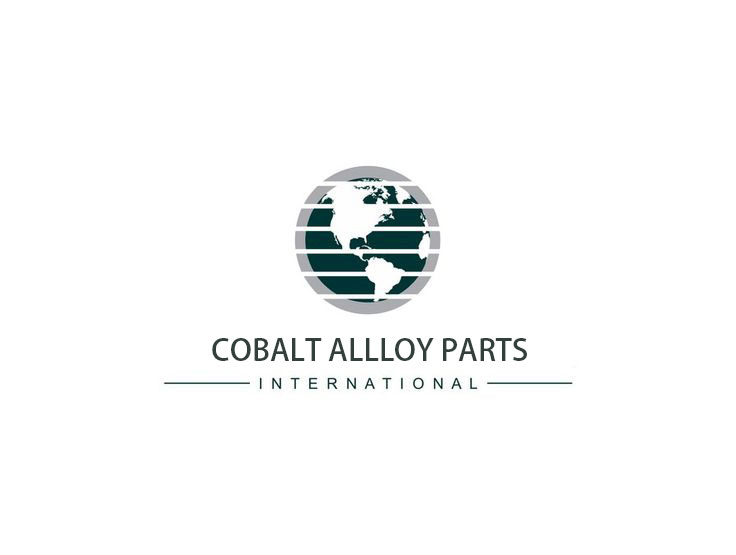
What is Friction Stir Welding in Aluminium Formwork?
2024-12-26 09:00What is Friction Stir Welding (FSW)?
Friction stir welding is a solid-state joining process, which means that the materials being welded do not melt. A rotating tool generates heat through friction, which softens the material at the interface. The rotating tool then stirs the material to form a strong and durable bond between the two pieces of aluminum or other metal.
What is Friction Stir Welding in Aluminum Formwork?
For aluminum formwork, FSW is used to join large, thin sheets of aluminum, which are often used to build formwork panels. Aluminum formwork is lightweight, very durable, and corrosion-resistant, making it ideal for use in new energy vehicles.
How does Friction Stir Welding work in Aluminum Formwork?
1. The aluminum sheets or components to be welded need to be precisely aligned. These can include panels, beams, or the frames of the formwork structure.
2. A specially designed rotating tool is placed at the joint between the two aluminum sheets. The tool consists of a pin and a shoulder. The pin generates localized heat through friction, while the shoulder applies pressure to the workpieces.
3. The rotating tool moves along the joint, "stirring" the material, causing it to soften and flow, forming a strong bond. This stirring action also helps reduce porosity, a common problem in traditional welding.
4. After the welding process is complete, the materials cool and solidify to form a strong, defect-free joint.
FSW can produce high-performance, durable, and cost-effective aluminum templates compared to conventional welding.
Common Materials for Rotary Tools in Friction Stir Welding
Tool steels such as H13 and M2 are the most commonly used materials for rotary tools in friction stir welding. They are known for their excellent hardness, wear resistance, and high-temperature toughness.
Cobalt alloys such as Stellite® (a trademark of Kennametal) are often used in friction stir welding tools due to their excellent wear resistance and high-temperature strength. These alloys maintain their hardness and strength even at temperatures around 1000°C, making them particularly suitable for welding aluminum templates.
Tungsten carbide are used in high-performance rotary tools due to their excellent hardness and high melting point. For example, tungsten carbide has a very high hardness and can withstand significant wear.
Selecting the right material for the rotary tool in friction stir welding is crucial for ensuring the quality and longevity of the welded joints. The material must balance high strength, thermal resistance, wear resistance, and cost-effectiveness. Tool steels, cobalt-based alloys, and tungsten carbide are all viable options, each offering unique advantages for specific FSW applications.
